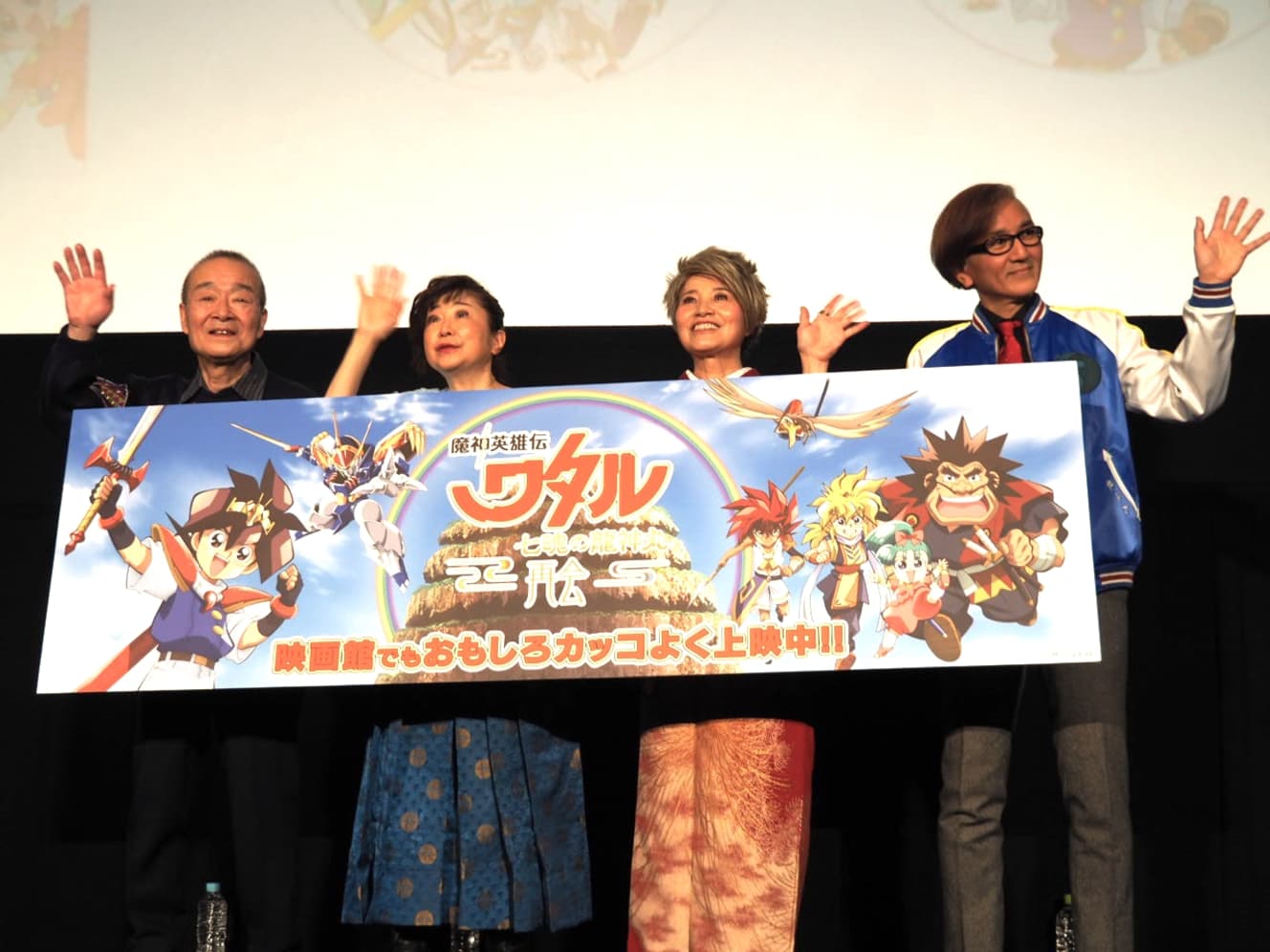Why is it so common in the voice acting world? The Mysterious Custom of “Supervision” of Preliminary Checks

In the anime world, talk shows and other events are often held right before the TV broadcast. These events attract fans because the voice actors appear on stage and give an inside look at the recording process.
When I go to cover such events, I sometimes encounter strange things. The journalists are given a schedule of the day’s events, and on it, there is a warning about photos like this.
《 A full-body, close-up photo of all the characters only.
This means that you can’t use just one of them. If the photo is a close-up, such as a bust-up (a photo from the chest up), you will need to get permission from the agency.
This is called “supervision” or “management supervision” in the voice actor industry.
Don’t say “check.
The word “supervise” is used instead of “check” to make it milder, but in short, they judge whether or not it’s okay to publish.
It’s not just photos. Depending on the event, the voice actors’ comments may also be reported in breaking news.
In some cases, there is a limit to the number of words that can be introduced.
If you want to introduce a long comment, you can also do so. If you want to introduce a long comment, you will also need to be supervised. This is a peculiarity of the voice actor world that you don’t often see in celebrity PR conferences or other entertainment events.
By the way, when you say “breaking news,” do you mean the first report right after the interview? I asked.
I was told, “Anything we report today or tomorrow is breaking news.”
I was once told, “Anything we report today or tomorrow is breaking news.
No matter how many good things the voice actors say at an event, we can only use a few words of it. In order to use all of them, you need to have a “supervisor,” and in some cases, it takes a week to ten days for the photos and comments to be returned to the reporter after the “supervision.
Ordinary fans attending the event can tweet about the voice actors’ comments on social media as much as they want. Of course, there is no “supervision” involved.
I asked a film publicist who is familiar with the situation the reason for this.
He said, “When young voice actors appear, such ‘supervision’ is a matter of course. I’m sorry to the reporters who came to cover the event, but it’s quite common for them to ask for comments to be limited to a few words. It is normal in the voice actor industry for the voice actors and their agencies to be able to confirm how their comments will be used.
This is because in the case of specialized magazines that cover anime, it is often possible to check all the photos and manuscripts beforehand. So they ask me to ask the same thing to the media that comes to interview me. It’s difficult to do that because we’re not an advertisement, but it’s not easy for them to understand.
I understand the feeling of worrying about how our comments will be captured and what kind of pictures of our expressions will appear. I also understand the desire to avoid flaming. On the other hand, there are no such restrictions at events featuring veteran voice actors.
Just the other day, an event was held to commemorate the screening of “Mashin Eiyu Den Wataru: Seven Spirits of Ryujinmaru – Reunion”, an adventure fantasy currently being screened at Shinjuku Piccadilly in Tokyo.
Mayumi Tanaka, Kazue Ikura, and Tomomichi Nishimura, all legends who have led the Japanese animation industry with their voices in Dragon Ball and One Piece, took the stage. There were no restrictions on press coverage. You are free to use up-close photos. You are free to use long comments. It was a very normal scene of entertainment coverage.
In the past, voice acting was a world where the skill of the voice took precedence over anything else. Even today, that aspect of voice acting is still considered important, but at the same time, voice actors are appearing in the public eye more often than in the past, and their visuals have come to be the focus of attention.
The days of doing your own makeup and appearing at events are long gone, and there are more and more people who have their makeup done by a professional makeup artist or have their fashion chosen by a stylist.
In this way, the existence of voice actors has been transformed from a behind-the-scenes kind of thing to a way of coming out, and the attention to their statements has increased.
After the event, I am sometimes asked by the organizer not to write about what I said because it might cause flames. This is not unusual, as it happens at other entertainment events as well, but I feel that it is unreasonable to “supervise” photos and comments.
I wonder if the “bad habit” of “supervision” in the voice actor industry will continue in the future…
Interview, text, photo: Watabe Wataru
After working as a desk clerk for the culture department of an evening newspaper, an editorial staff member at a publishing company, and a copywriter, Watabe became a freelance entertainment writer. Covers all aspects of the performing arts, including film, theater, entertainment, and music. He also writes undercover as a ghostwriter for talent books and other publications.